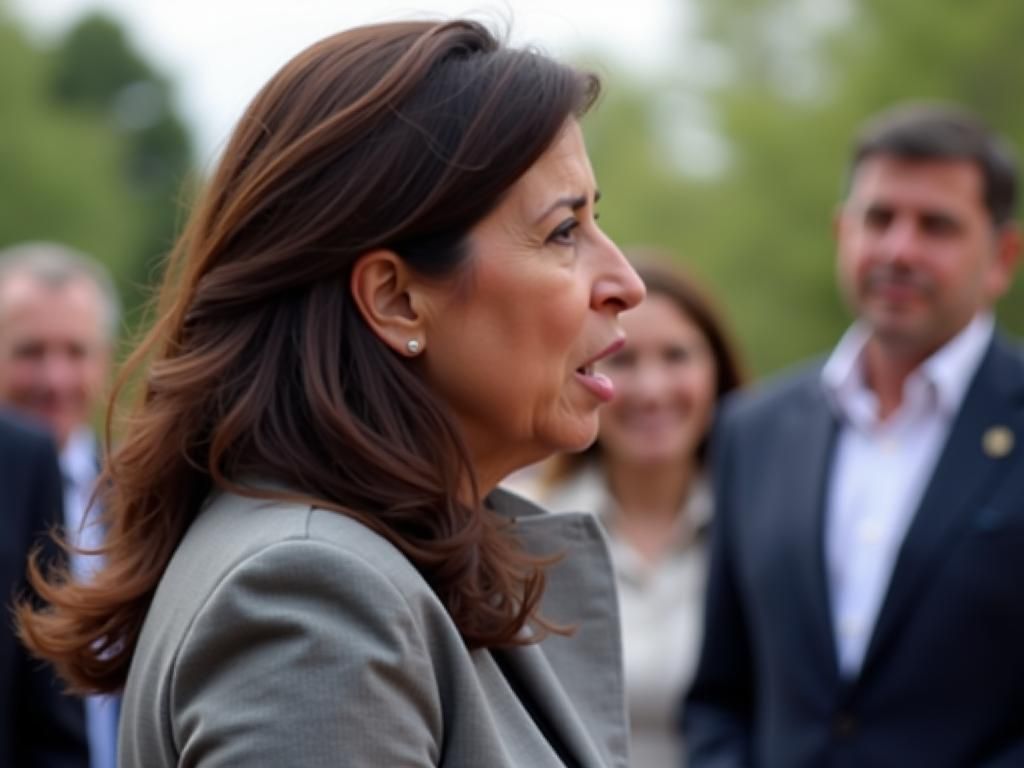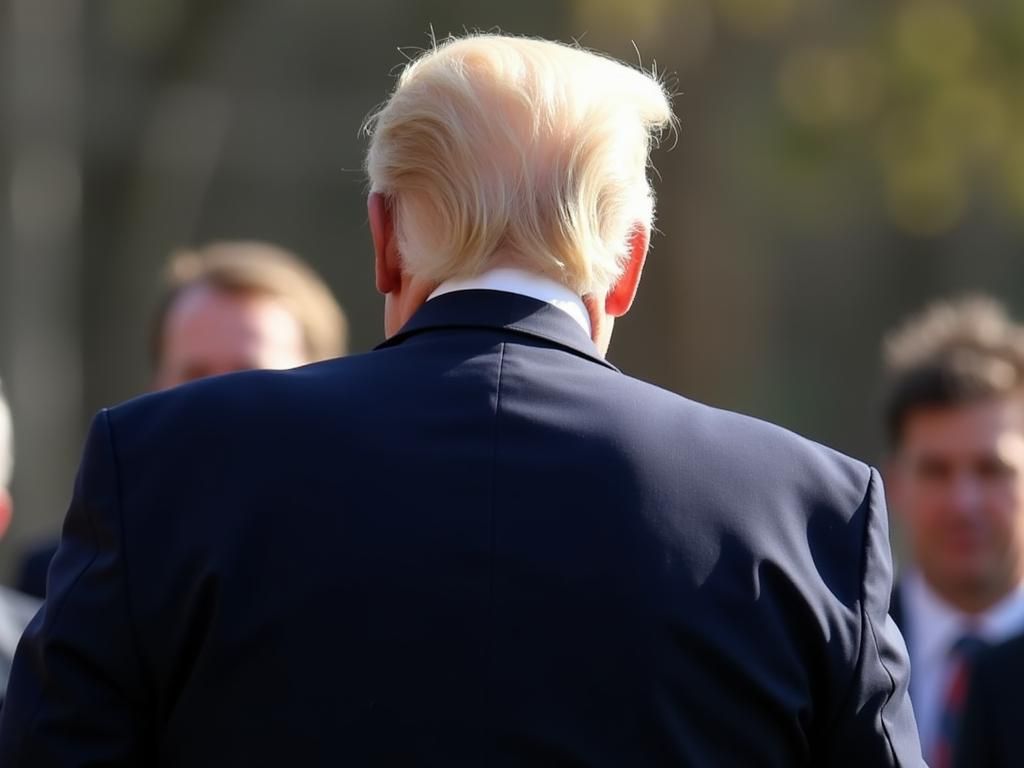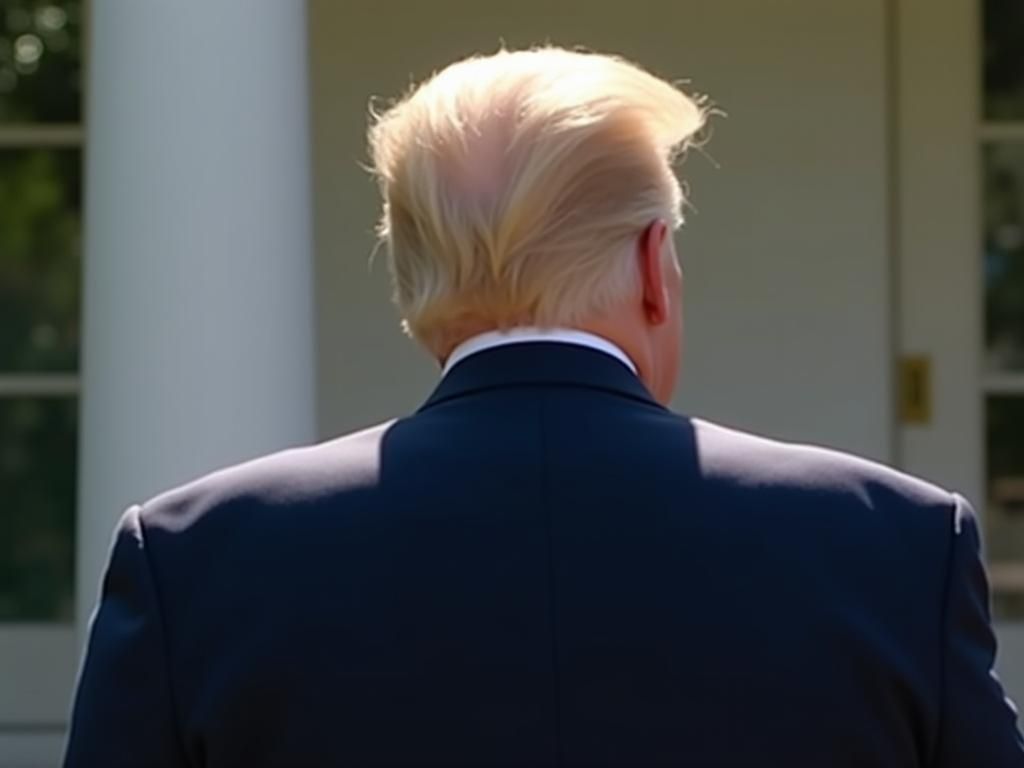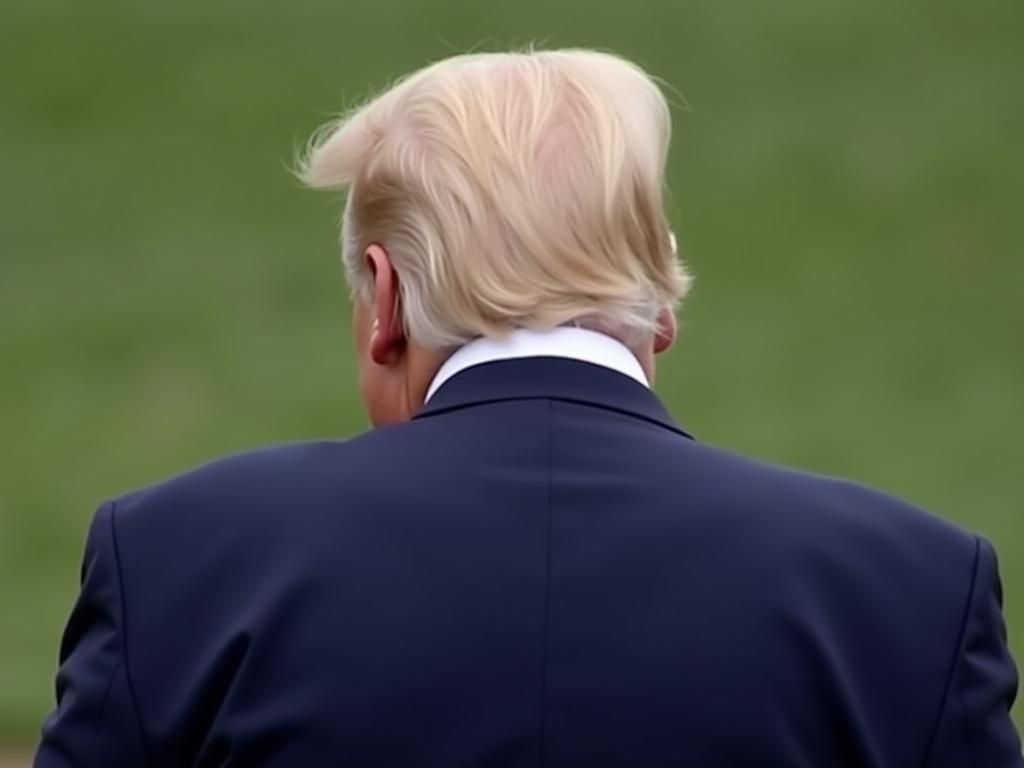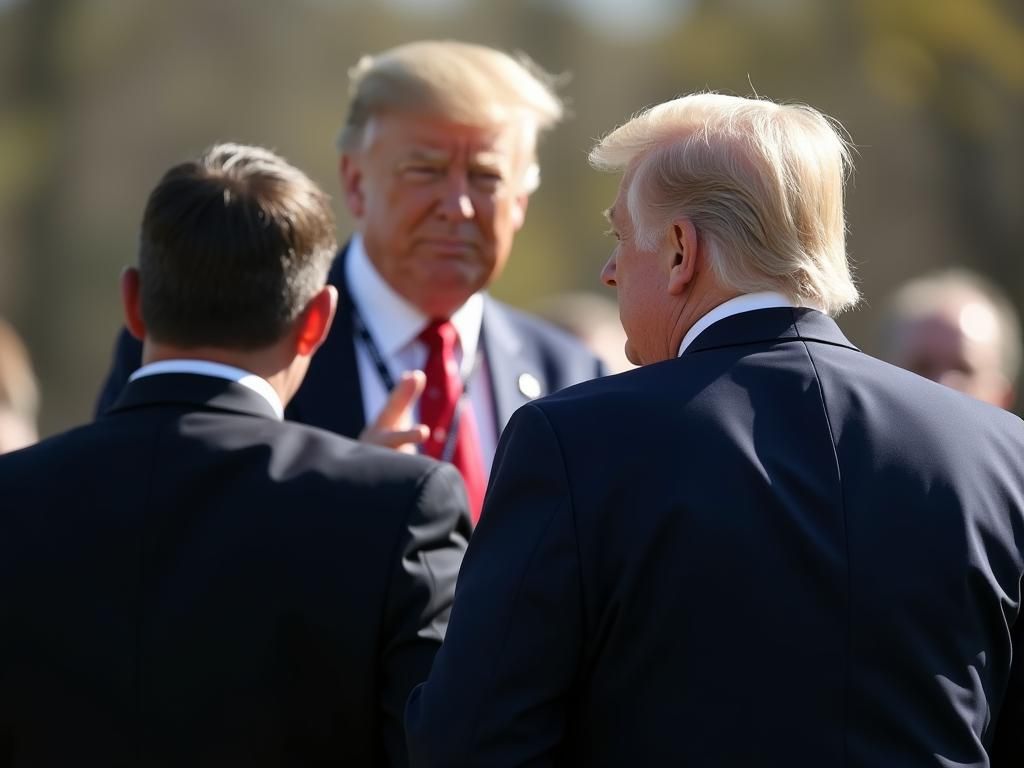During his presidency, Donald Trump’s businesses reportedly generated substantial profits, a situation unlike any other modern U.S. president.
These profits stemmed primarily from hotels, golf courses, and other real estate holdings.
The increased revenue was in part attributed to events and spending by groups and individuals connected to the Republican Party and the Trump administration itself.
Critics raised concerns about potential conflicts of interest, arguing that the presidency provided opportunities for Trump’s businesses to benefit financially.
While the business activities were legally permissible, the extent of the profits and the sources of revenue raised ethical questions.
Unlike previous administrations, there was no concerted government-wide push to establish firewalls between the president and his business interests.
The lack of such measures led to accusations of blurred lines between his public office and private financial gains.
Despite the ethical concerns, the public’s reaction, as measured by public opinion and political commentary, appeared relatively muted compared to potential controversies.
Some explanations for this included strong support from his base, political polarization, and a general wariness toward media coverage.
The financial details of Trump’s businesses, while publicly available to some extent, remain complex, contributing to the ongoing debate about their impact and ethical implications.



